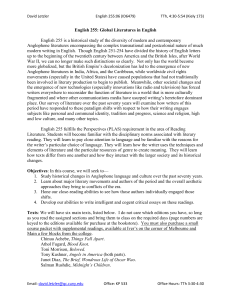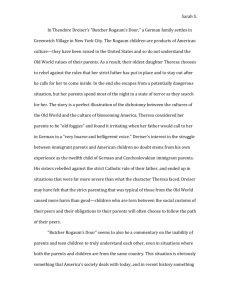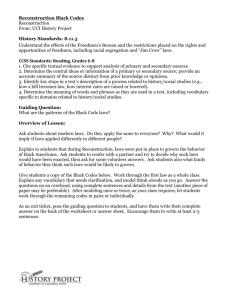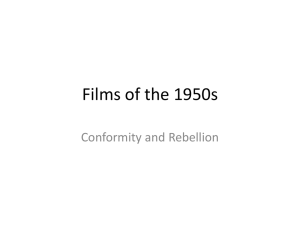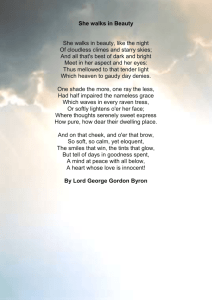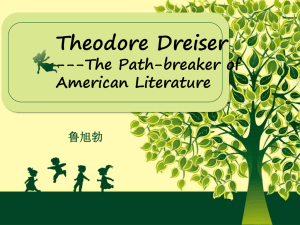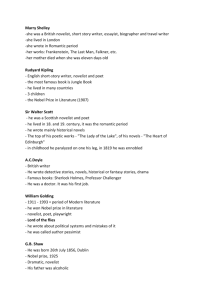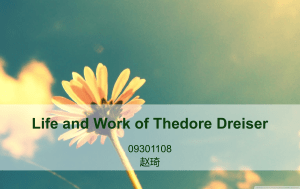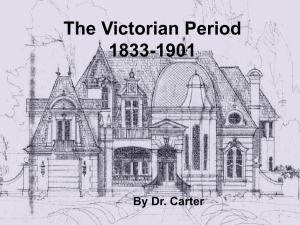plagiarism exercise - Gordon State College
advertisement
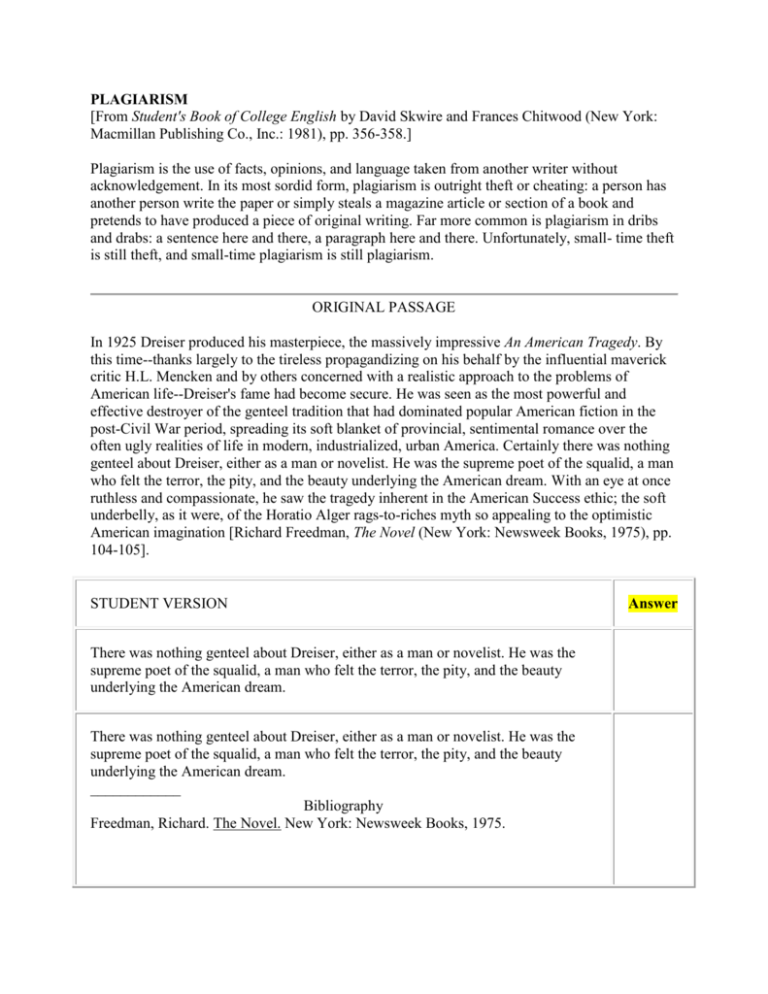
PLAGIARISM [From Student's Book of College English by David Skwire and Frances Chitwood (New York: Macmillan Publishing Co., Inc.: 1981), pp. 356-358.] Plagiarism is the use of facts, opinions, and language taken from another writer without acknowledgement. In its most sordid form, plagiarism is outright theft or cheating: a person has another person write the paper or simply steals a magazine article or section of a book and pretends to have produced a piece of original writing. Far more common is plagiarism in dribs and drabs: a sentence here and there, a paragraph here and there. Unfortunately, small- time theft is still theft, and small-time plagiarism is still plagiarism. ORIGINAL PASSAGE In 1925 Dreiser produced his masterpiece, the massively impressive An American Tragedy. By this time--thanks largely to the tireless propagandizing on his behalf by the influential maverick critic H.L. Mencken and by others concerned with a realistic approach to the problems of American life--Dreiser's fame had become secure. He was seen as the most powerful and effective destroyer of the genteel tradition that had dominated popular American fiction in the post-Civil War period, spreading its soft blanket of provincial, sentimental romance over the often ugly realities of life in modern, industrialized, urban America. Certainly there was nothing genteel about Dreiser, either as a man or novelist. He was the supreme poet of the squalid, a man who felt the terror, the pity, and the beauty underlying the American dream. With an eye at once ruthless and compassionate, he saw the tragedy inherent in the American Success ethic; the soft underbelly, as it were, of the Horatio Alger rags-to-riches myth so appealing to the optimistic American imagination [Richard Freedman, The Novel (New York: Newsweek Books, 1975), pp. 104-105]. STUDENT VERSION There was nothing genteel about Dreiser, either as a man or novelist. He was the supreme poet of the squalid, a man who felt the terror, the pity, and the beauty underlying the American dream. There was nothing genteel about Dreiser, either as a man or novelist. He was the supreme poet of the squalid, a man who felt the terror, the pity, and the beauty underlying the American dream. ____________ Bibliography Freedman, Richard. The Novel. New York: Newsweek Books, 1975. Answer "There was nothing genteel about Dreiser, either as a man or novelist. He was the supreme poet of the squalid, a man who felt the terror, the pity, and the beauty underlying the American dream." ____________ Bibliography Freedman, Richard. The Novel. New York: Newsweek Books, 1975. According to Freedman, "There was nothing genteel about Dreiser, either as a man or novelist. He was the supreme poet of the squalid, a man who felt the terror, the pity, and the beauty underlying the American dream." ____________ Bibliography Freedman, Richard. The Novel. New York: Newsweek Books, 1975. Nothing was genteel about Dreiser as a man or as a novelist. He was the poet of the squalid and felt that terror, pity, and beauty lurked under the American dream. According to Freedman, "Nothing was genteel about Dreiser as a man or as a novelist. He was the poet of the squalid and felt that terror, pity, and beauty lurked under the American dream." __________ Bibliography Freedman, Richard. The Novel. New York: Newsweek Books, 1975. According to Freedman, nothing was genteel about Dreiser as a man or as a novelist. He was "the poet of the squalid" and felt that terror, pity, and beauty lurked under the American dream. __________ Bibliography Freedman, Richard. The Novel. New York: Newsweek Books, 1975. "Certainly there was nothing genteel about Dreiser," Freedman writes, "either as a man or novelist. He was the supreme poet of the squalid, a man who felt the terror, the pity, and the beauty underlying the American dream." ___________ Bibliography Freedman, Richard. The Novel. New York: Newsweek Books, 1975. By 1925 Dreiser's reputation was firmly established, according to Freedman. The reading public viewed Dreiser as one of the main contributors to the downfall of the "genteel tradition" in American literature. Dreiser, "the supreme poet of the squalid," looked beneath the bright surface of American life and values and described the frightening and tragic elements, the "ugly realities," so often overlooked by other writers. __________ Bibliography Freedman, Richard. The Novel. New York: Newsweek Books, 1975.
